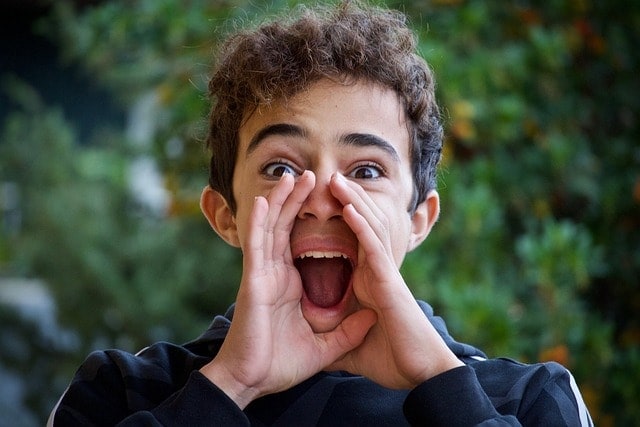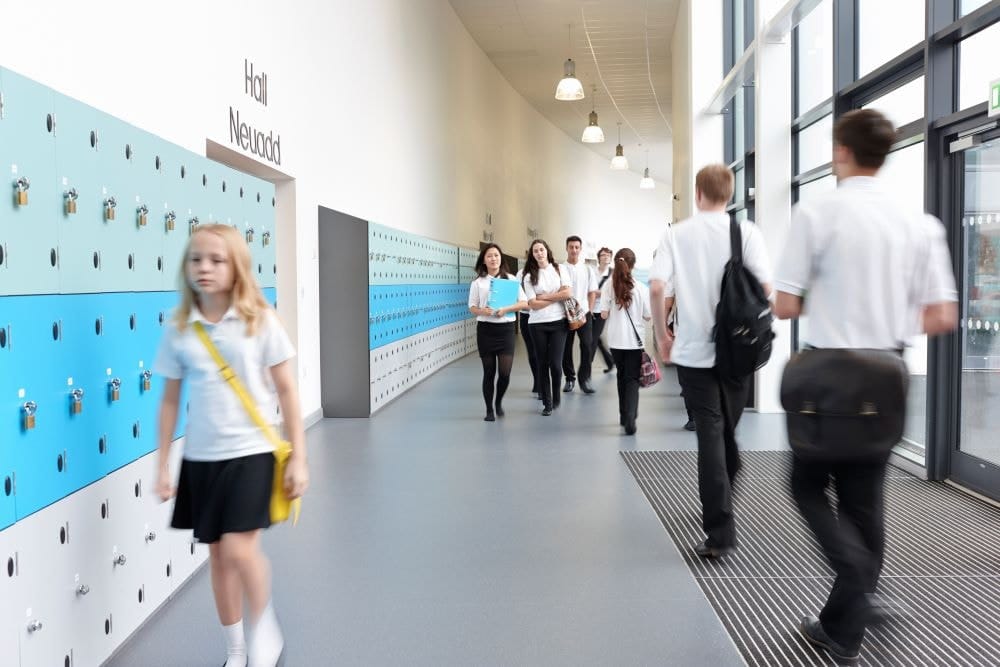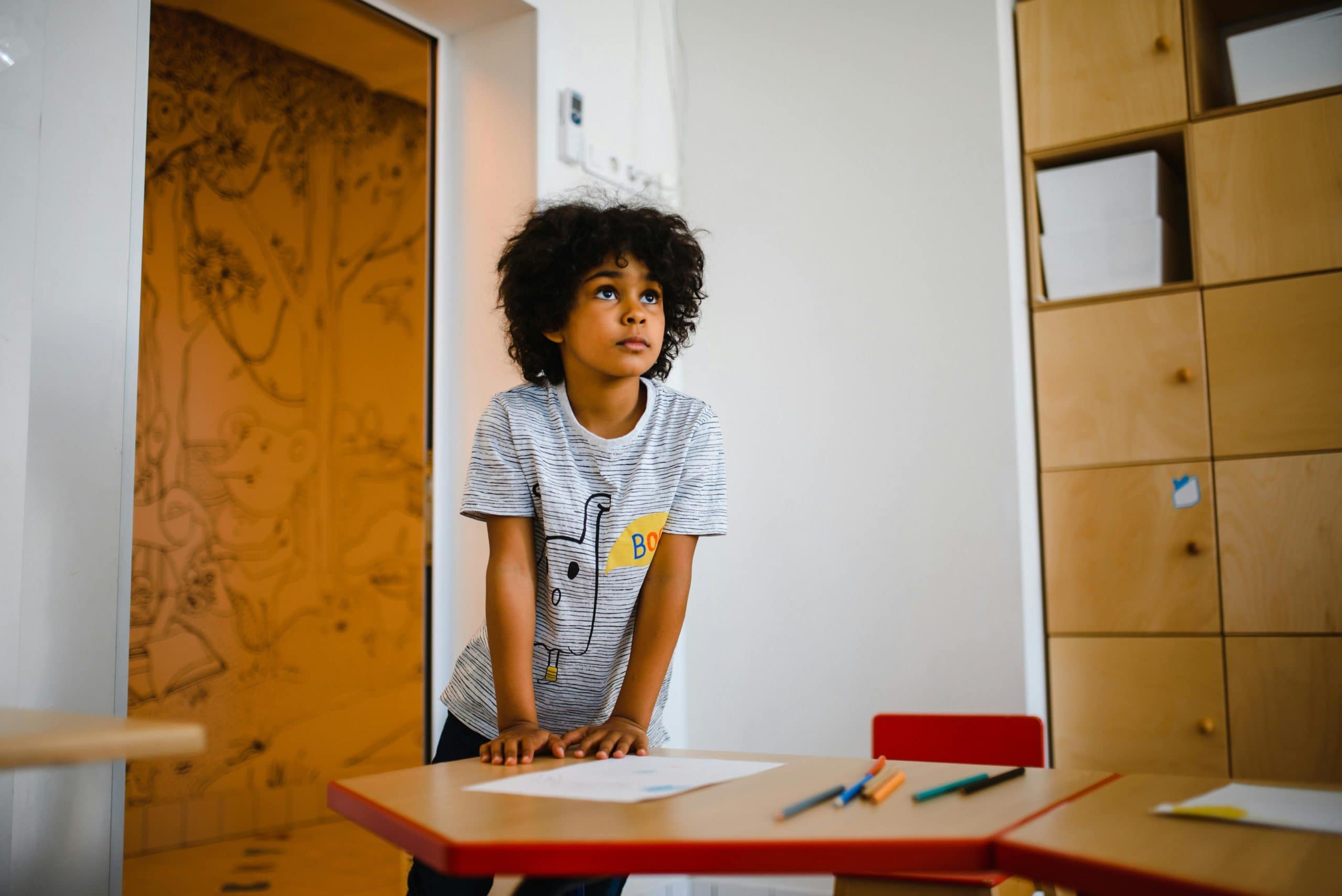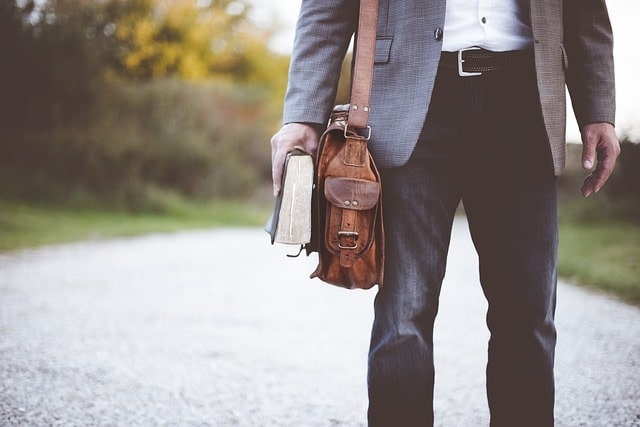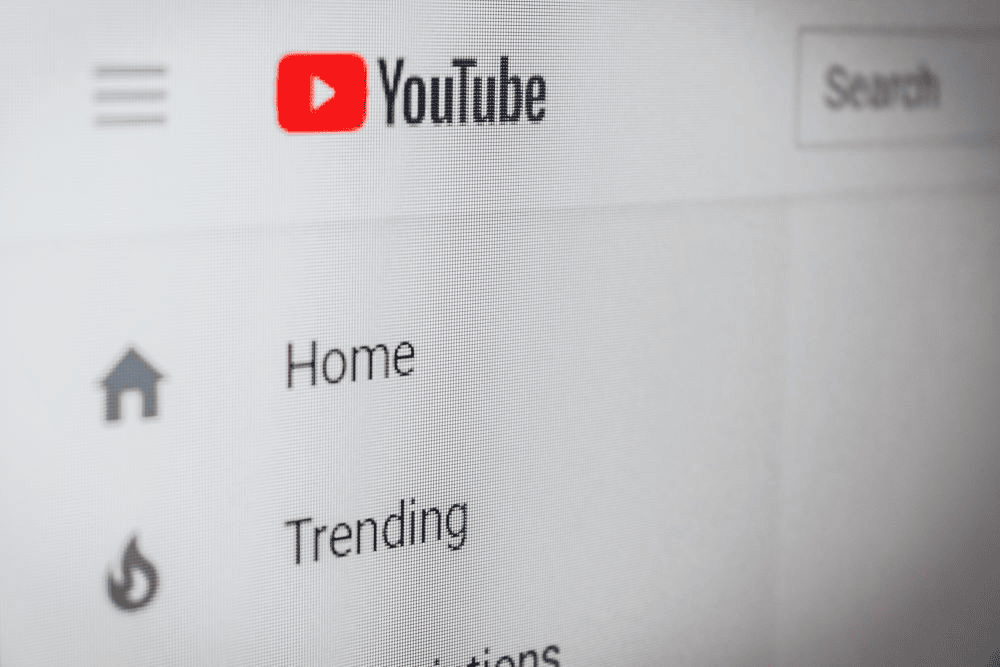
When considering legal action against a school, identifying the right kind of lawyer is essential for a successful case. Schools—whether public, private, or state-funded—operate under various legal protections and guidelines, so choosing an attorney with specific experience in this area can significantly impact the outcome.
This guide explains what kind of lawyer you need to sue a school, including cases involving school districts, school employees, and issues related to public and state schools.
Types of Cases Against Schools
Before seeking an attorney, it’s essential to understand what type of case you have, as different issues may require specialized legal expertise. Here are common types of claims that could lead someone to sue a school:
Discrimination or Harassment
Cases of discrimination or harassment, based on race, national origin, gender, or disability, often require a civil rights attorney. These cases involve protections under federal and state anti-discrimination laws. If your child has been subjected to sexual harassment by other students or school employees, you may need a lawyer with experience in handling sensitive civil rights issues, including Title IX cases.Special Education and Disability Rights
For cases where a school fails to accommodate a student’s disability or violates the Individuals with Disabilities Education Act (IDEA), a special education attorney or civil rights lawyer is typically best suited to handle the complexities of special education law.Personal Injury on School Grounds
If a child has been injured due to unsafe conditions or negligence on school grounds, a personal injury lawyer with experience in handling cases involving public school districts or private schools may be able to pursue compensation for medical expenses and other damages.Bullying or Abuse by School Employees
If a school employee or other authority figure is involved in a bullying or abuse incident, a personal injury attorney or civil rights lawyer can help file a claim against the individual or the school for failing to provide a safe environment.Violation of Education Rights
In cases where a public school or school district fails to meet its obligations, a civil rights attorney experienced in education law can help you understand and assert your child’s right to a free, appropriate public education.
Why You Need a Specialized Attorney
Legal claims against schools involve unique complexities due to the school’s relationships with government funding and state or federal regulations. Here’s why you need an experienced attorney with knowledge of these nuances:
Public Schools vs. Private Schools
Public schools and school districts are part of state and federal government systems, so suing them requires an understanding of sovereign immunity, a doctrine that can limit the legal liability of government entities. However, a lawyer familiar with public school district cases will know how to navigate these limitations and pursue the case effectively. For a private school, while government immunity does not apply, different legal considerations come into play, requiring knowledge of private institution regulations.School District Immunity
School districts can have certain legal protections that make lawsuits more challenging. An attorney with experience in education or civil rights law will know how to handle these barriers and make a strong case.Handling Complex Laws and Regulations
Cases involving educational rights often intersect with laws like the Disabilities Education Act, civil rights statutes, and other federal or state regulations. This requires an attorney well-versed in employment discrimination law, personal injury law, or education law, depending on the nature of the case.
Steps for Filing a Legal Claim Against a School
Document the Issue
Before taking any action, gather all relevant documentation, such as emails, records of meetings with school staff, and any complaints filed. This documentation will provide essential evidence when you decide to file a legal claim.Consult with an Attorney
Reach out to an attorney experienced in education law, civil rights, or personal injury, depending on the type of case. Many law firms, including Bourassa Law Group, offer a free consultation to discuss your case and help you understand your legal options.Filing the Complaint
Your attorney will guide you through the legal process, including filing the complaint, managing discovery, and representing you in court if necessary. They will also help you determine whether to pursue a civil lawsuit or resolve the matter through other legal avenues.
Real-Life Cases of Lawsuits Against Schools: Successful Claims and Compensation
When schools or school districts fail to protect students or uphold their rights, the consequences can be significant, and sometimes, legal action becomes necessary. Here are some real-life cases where victims took legal action against educational institutions and were awarded compensation:
1. Bullying and Failure to Protect Students
Case of T.K. v. New York City Department of Education (2016)
In this case, parents of a child with disabilities sued the New York City Department of Education, claiming the school had failed to protect their child from severe bullying by other students. The parents argued that the ongoing bullying affected their child’s ability to learn, and the school district failed to take action despite multiple complaints. The court ruled in favor of the family, concluding that the bullying was not adequately addressed, violating the student’s right to an appropriate education under the Individuals with Disabilities Education Act (IDEA). This case set a precedent for schools’ responsibility to protect vulnerable students, leading to increased compensation for families in similar cases.
2. Sexual Harassment by a School Employee
Doe v. Ohio State University (2020)
In this high-profile case, Ohio State University faced multiple lawsuits from former students who alleged that they were sexually harassed or assaulted by a team doctor over a period of years. The students argued that the university ignored complaints and failed to investigate, effectively allowing the abuse to continue. Ultimately, the university reached settlements with hundreds of plaintiffs, paying out millions in compensation. This case highlighted the responsibility of school districts and universities to protect students from sexual harassment and abuse by school employees.
3. Racial Discrimination and Hostile Environment
S.C. v. Scottsdale Unified School District (2019)
In Arizona, a group of students of color sued their school district after enduring racial harassment from other students. The plaintiffs argued that the school and district staff failed to address the racially hostile environment, despite multiple complaints. The court ruled that the school’s inaction created an unsafe learning environment, awarding the students a substantial settlement. This case underscored the need for schools to actively intervene in cases of racial discrimination to prevent a hostile learning environment.
4. Injury on School Grounds Due to Negligence
Case of J.L. v. Public School District in California (2018)
In this case, a high school student was injured during a gym class due to faulty equipment that the school had failed to maintain. The student and their family sued the school district, alleging negligence and lack of maintenance that led to the injury. The court awarded the family a sizable compensation package to cover medical expenses, pain, and suffering, setting an example for the importance of proper safety measures on school grounds.
5. Disability Discrimination and Failure to Accommodate
Endrew F. v. Douglas County School District (2017)
Endrew, a student with autism, was enrolled in public school and struggled academically due to a lack of appropriate support. His parents sued the school district, arguing that the district failed to provide the educational support Endrew needed to succeed, as required under IDEA. The case went to the Supreme Court, which ruled in favor of the student, significantly expanding the obligations of public schools to accommodate students with disabilities. Following this ruling, similar cases have led to substantial compensation for families when schools fail to provide necessary accommodations.
6. Teacher Misconduct and Negligent Hiring Practices
Doe v. Mount Vernon School District (2021)
In Washington state, a student’s parents sued the Mount Vernon School District after their child was sexually assaulted by a teacher who had a known history of inappropriate behavior. The lawsuit argued that the district’s negligent hiring and failure to adequately supervise the teacher enabled the abuse to occur. The district settled the case, awarding the family a large sum in damages. This case highlighted the importance of careful hiring and supervision of school employees to prevent harm to students.
Potential Compensation and Outcomes
Compensation in lawsuits against schools varies based on the nature of the case but may include:
Compensation for Emotional Distress and Pain and Suffering
Particularly relevant in harassment or bullying cases, this compensation addresses the emotional impact of the situation.Reimbursement for Medical or Therapy Costs
In cases where injuries have occurred, either physically or emotionally, compensation may cover medical bills, therapy, or counseling expenses.Educational Accommodations or Policy Changes
For cases involving educational rights, successful claims can sometimes lead to new accommodations or policy changes within the school district.
How an Attorney Can Help You Prove Your Case
Proving a case against a school can be challenging, especially if the issue involves proving age discrimination, negligence, or civil rights violations. Your attorney will help you compile and present evidence, manage witness testimonies, and build a compelling case.
In cases of harassment or discrimination, the lawyer will show a pattern of behavior and school responses. They will also provide evidence that the school failed to protect or discriminated against the student or employee.
Key Laws Protecting Students and Employees in Schools
Several laws offer protections for students and employees within schools:
Title IX: Addresses gender discrimination and sexual harassment in educational institutions.
Individuals with Disabilities Education Act (IDEA): Ensures students with disabilities receive appropriate education services.
Americans with Disabilities Act (ADA): Protects individuals with disabilities from discrimination, including in schools.
Civil Rights Act: Prohibits discrimination based on race, national origin, and other protected characteristics.
Take the Next Step with Bourassa Law Group
If you’re facing an issue with a school district or school and need legal guidance, contact Bourassa Law Group for a free consultation. Our experienced attorneys understand the intricacies of discrimination, personal injury, and civil rights law as they apply to schools and are ready to advocate for you.

